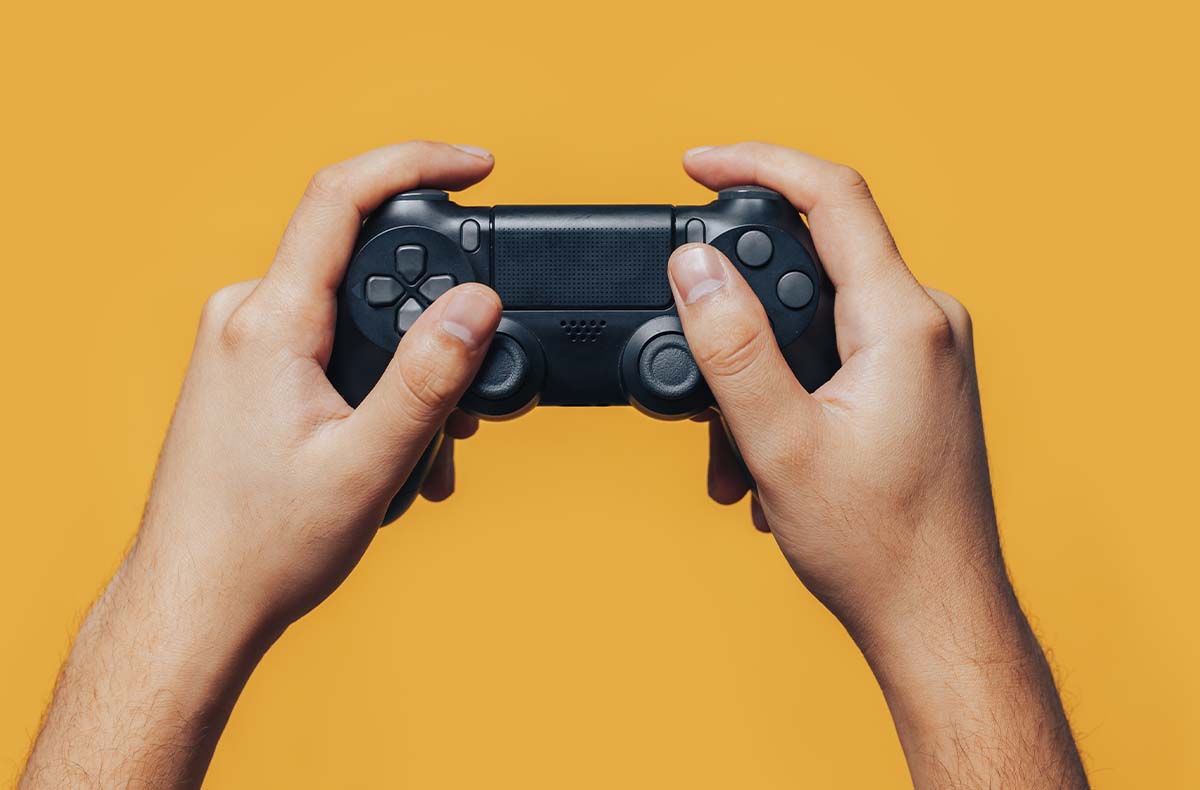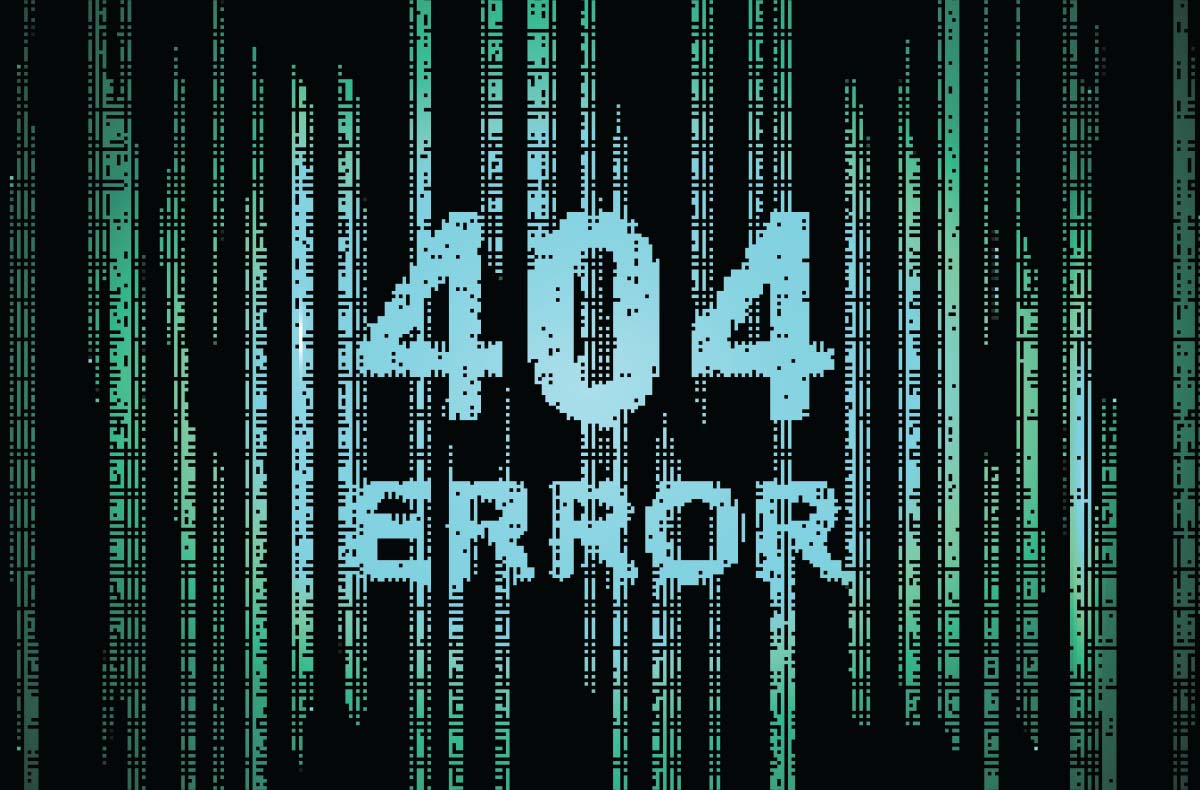
2020 represented a break from the norm in almost every possible sense across the whole of our society. Workplaces closed, movement was restricted and loved ones were missed. Cities fell near-silent, their centres eerie and empty. The rules imposed on our behaviour in so many aspects of life would have been instantly disbelieved if described in even the months running up to that year.
Though unbelievable horrors were unfolding for some and remained on the consciousness of all at some level, for many, the pandemic translated primarily into a slowed pace of life and the adoption of new activities and routines. Following from the nature of the wider changes, these were mainly solitary endeavours. Reading. Watching. Maybe meditating or running.
I myself certainly adopted more of all of the above into my routines, but for obvious reasons, I found opportunities for interaction with others lacking. This is only anecdotal— and backed up mainly by memes I’ve seen— but I found this to be especially true for the men in my friendship group in general. We have less of a habit of talking on the phone, especially for extended periods and without a specific purpose. Even though I’m close to some of these friends, calling them out of the blue ‘just to talk’ would lead to an awkward silence, laughter, or both in sequence.
Enter online gaming. I used to play competitive online games as a teenager and young adult fairly regularly, but this activity was largely supplanted in adult life by other pursuits. If I did turn on the PlayStation, more often it would be to play narrative-based games that are now so advanced I am tempted to describe interaction with them as more akin to reading or watching a great book or film than ‘gaming,’ per se. However, in the year or so preceding the pandemic, gaming companies had been increasingly releasing ‘free-to-play’ multiplayer games, which on a personal level turned out to be a useful coincidence. Like many others, my friendship group dipped a toe into games including Call of Duty: Warzone and ended up more than a little bit hooked.
In any other circumstance, claims to the productivity of this sort of activity would be dubious at best. But for our friendship groups during the lockdown, it was absolutely indispensable. The different areas of the vast open-world battlefield Warzone, the battle royale-style game we most often frequented, now have mapped onto them in my mind as many profoundly personal conversations with my friends as the streets of London, my home.
Again, turning to all the pandemic memes as evidence, this does not seem to have been a unique experience. From those simply highlighting the lack of things to talk about on the phone due to the general dullness of lockdown life, to those half-jokingly imagining how difficult the lockdown would have been 15 years prior with ‘just snake on our phones’, to the many making direct reference to ‘dropping’ into Warzone with their mates, it is clear that many found themselves in the same position. On the more sobering side of things, it was no surprise to me that when I ran a search, I quickly found an article describing how this particular game had ‘saved [the author’s] life’, for reasons not dissimilar to why I had found it useful.
As restrictions have lifted and we have started to go back to our normal lives, I have found myself missing the casual but energetic competitive group effort combined with extended conversations that that period of online gaming came to represent for me. I realise that I found it fairly stimulating and, more importantly, that I probably spoke more to my friends in those online spaces than I had before or have since. In some sense, coming back together physically has led us to grow farther apart.
It is difficult to see how all this can be resolved or what lessons can really be learned. I feel that some of the sentiment described above could be what Zuckerberg seeks to capitalise on with his ‘Metaverse,’ which the Black Mirror series of course showed us some of the dangers of in ‘15 million credits.’ A wholly digital future is not clearly—or at least wholly—desirable. Whatever balance we strike, when it comes to quality time with those closest to us, more is better, regardless of the medium.


